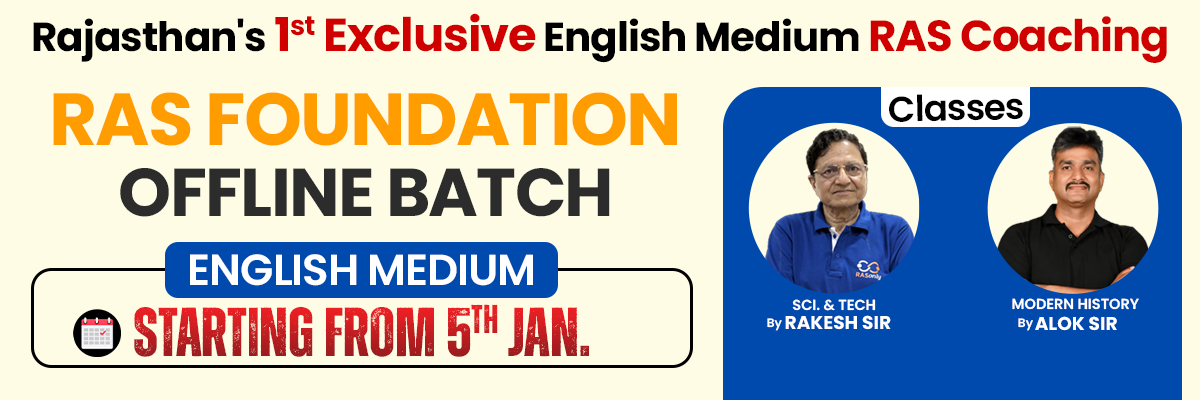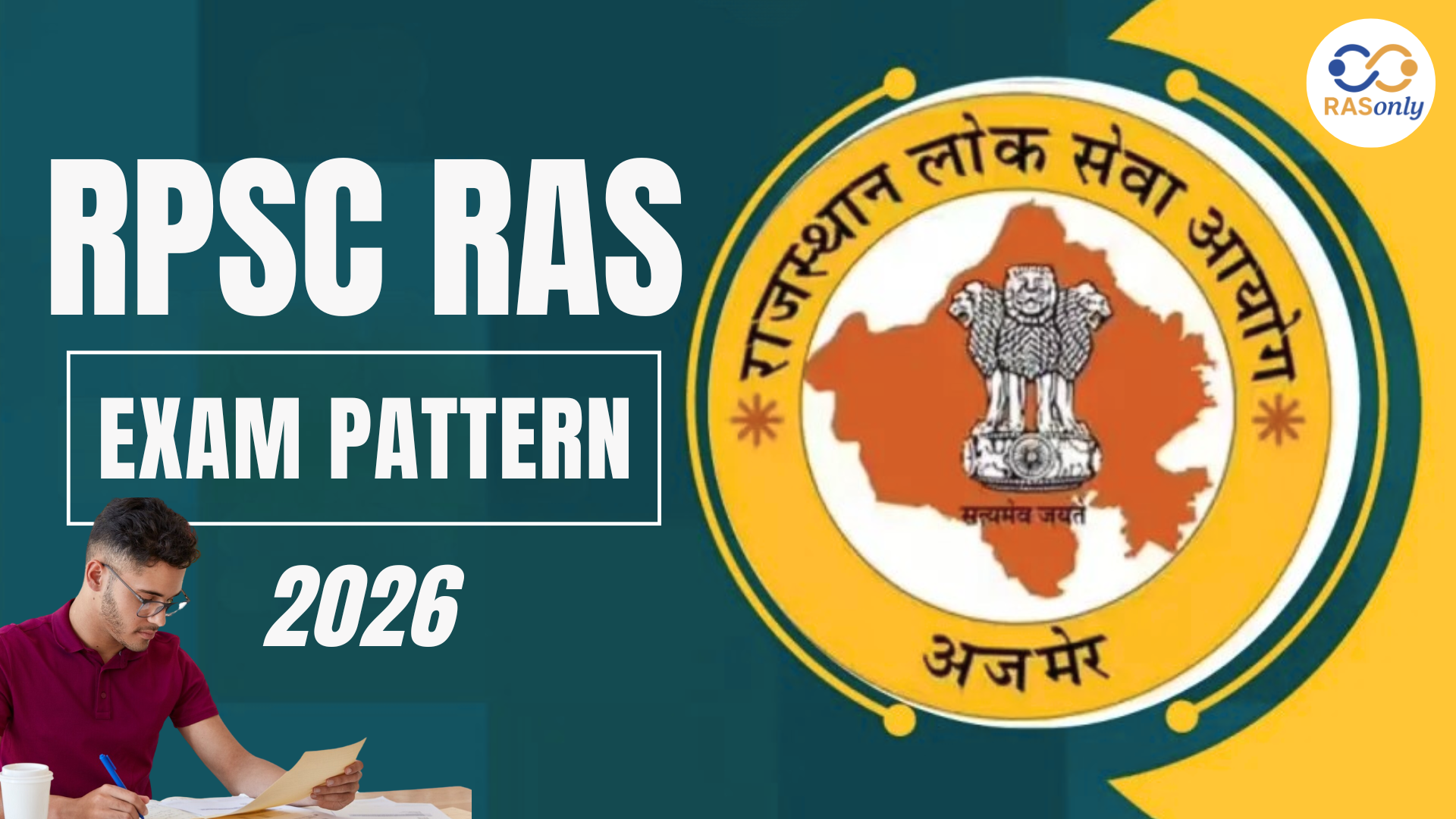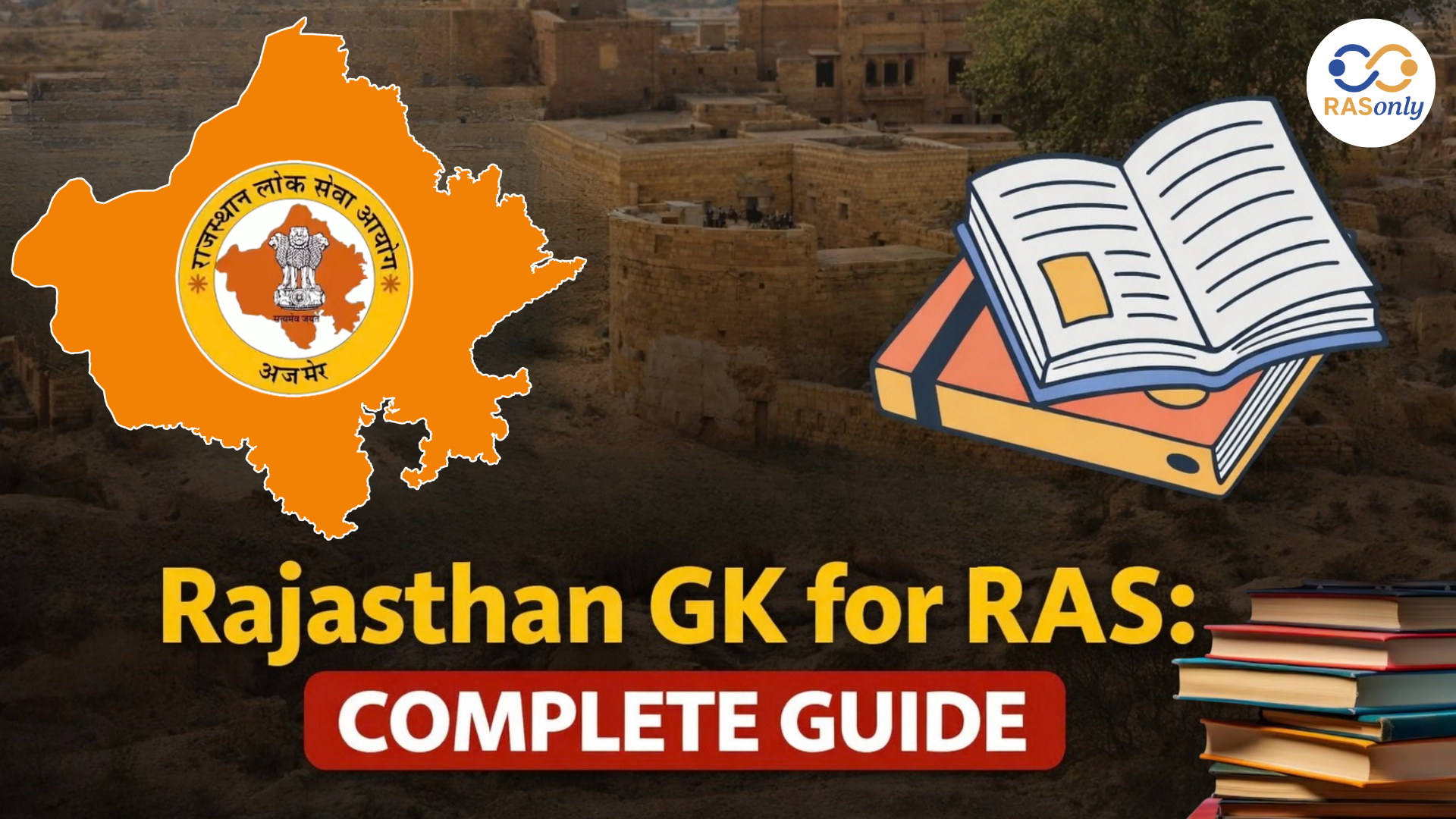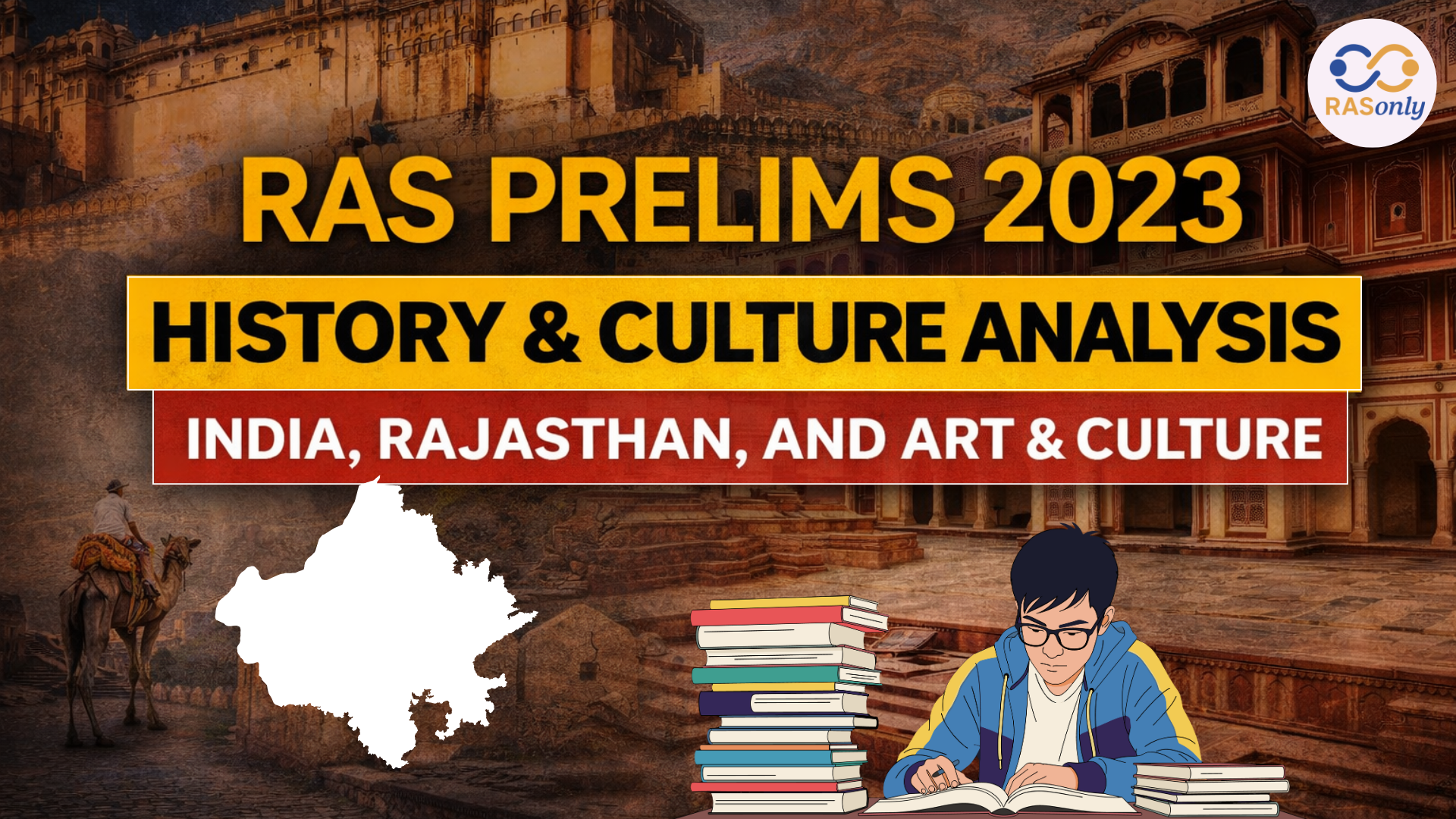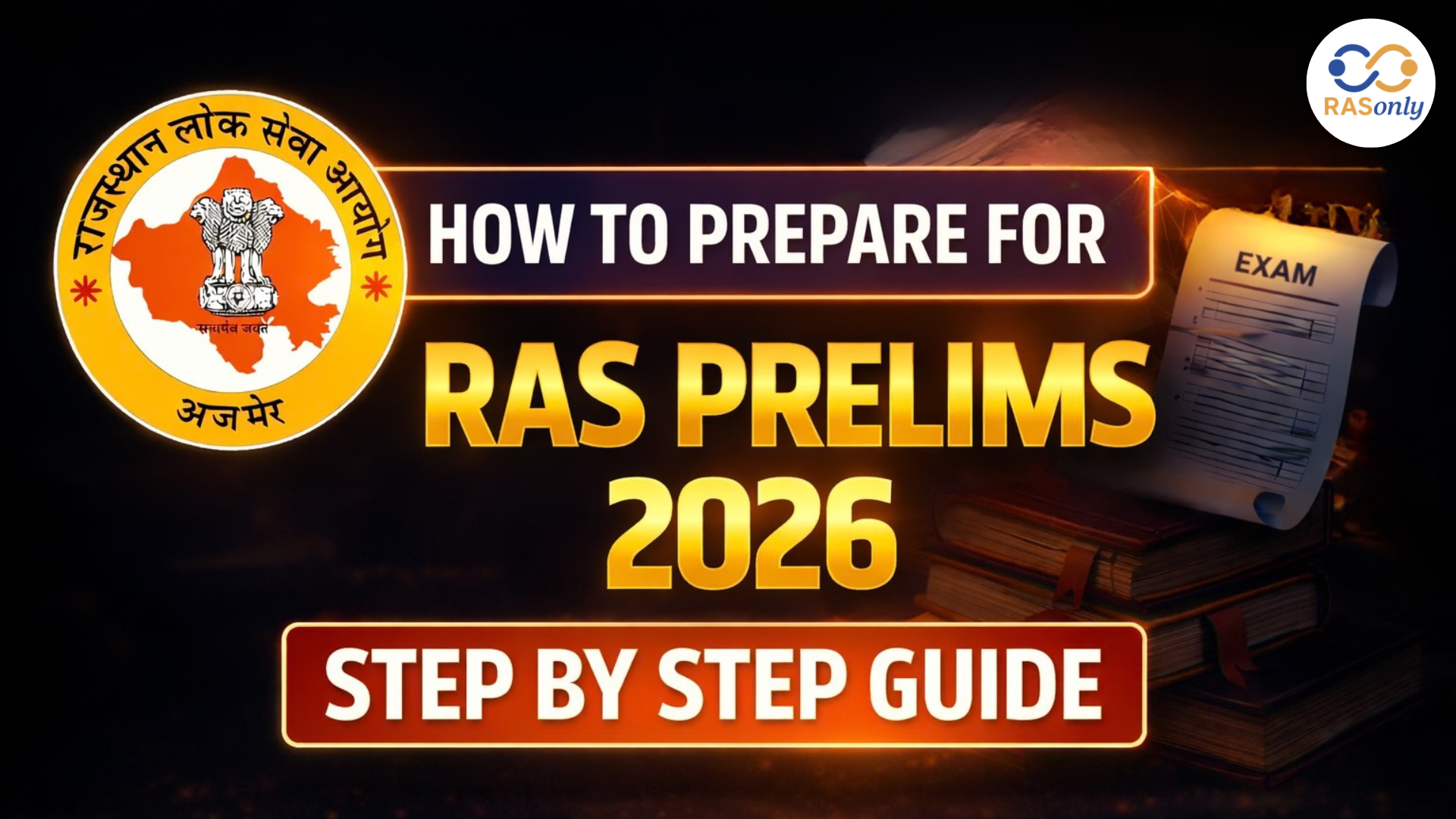RPSC RAS 2026 Subject Wise Exam Pattern for Prelims, Mains & Interview Details
- >
- RAS Preparation Resources
- >
- Corruption in India
Corruption in India

Get in Touch with RASonly!

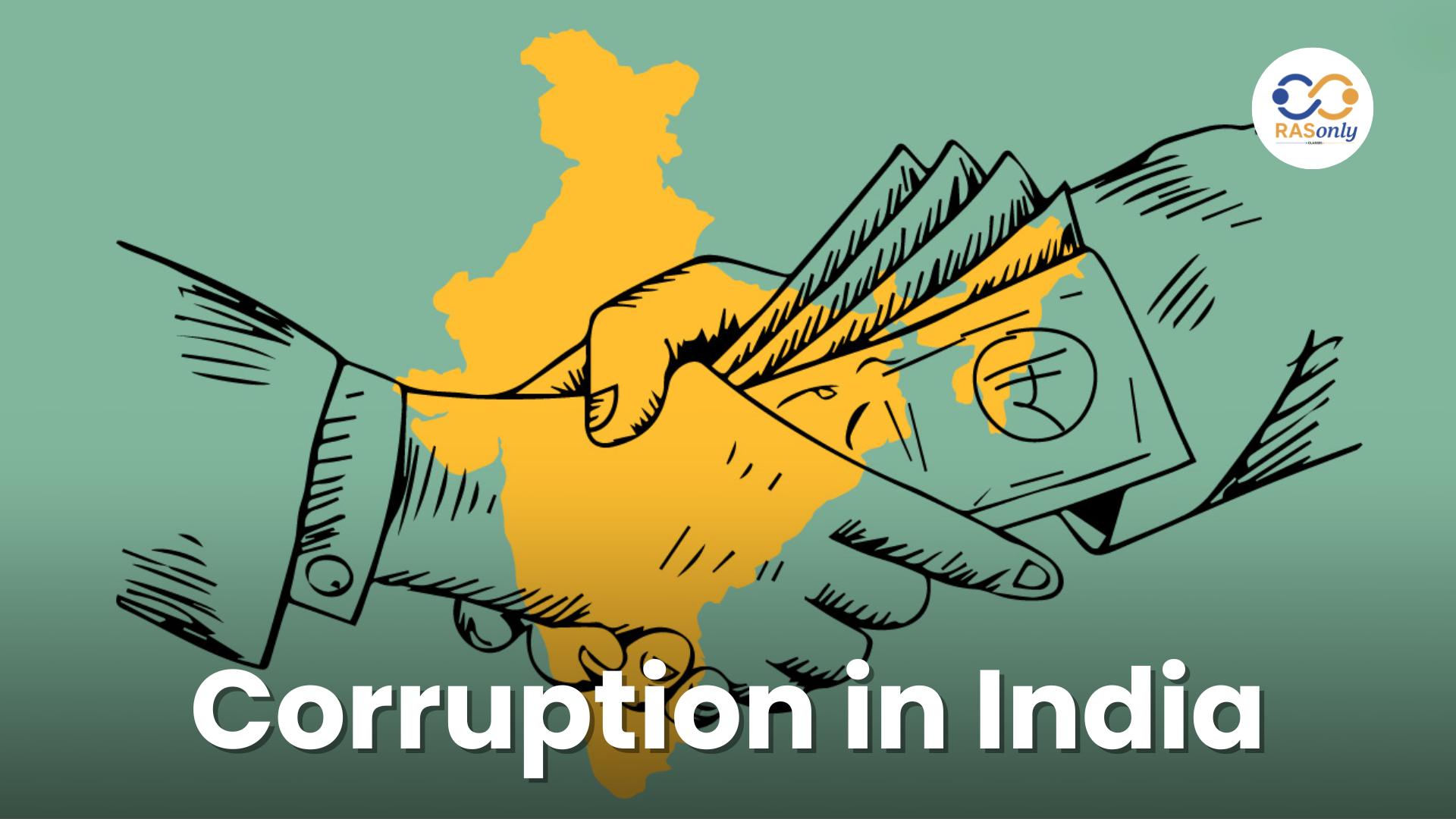
Corruption is the abuse of a position of trust or power to gain or advance some benefit. Besides monetary bribery it involves nepotism and embezzlement, favoritism and abuse of influence. Corruption is a type of activity that undermines trust in the public sector, institutional development, and causes inconsistency in equal resource distribution. It is one of the big ethical, administrative, and developmental problems. The fight against corruption needs a system change, enlightenment by the people and ethical leadership.
Key Points for RAS Mains
What is Corruption?
- Meaning of Standard: Misuse of the office of governmental authority to gratify personal gains.
- Expanded Perspective: Captures abuse of power in politics, business and in social settings to benefit an individual or a group.
Gains of Corruption
- Bribery, embezzlement, unlawful commissions.
- Non financial: Nepotism, favoritism, patronage, unjust promotions or influence.
Stakeholders and Ethical Concerns
|
Stakeholder |
Ethical Role & Concern |
|
Public Officials |
Misuse of power, bribes, embezzlement, unfair resource allocation |
|
Citizens |
Bribing for services, promoting unethical shortcuts, tolerance towards corruption |
|
Civil Society |
Role in advocacy, watchdogs, but misuse of foreign funds in some NGOs |
|
Judiciary |
Integrity essential, but risks of biased judgments or selective enforcement |
|
Media |
Can expose corruption, but risk of misinformation or shielding corrupt elements |
Ethical Systems and Corruption
|
Ethical Theory |
Core Principle |
View on Corruption |
|
Deontology |
Duty-based ethics (Kantian) |
Corruption violates moral duty and universal principles |
|
Utilitarianism |
Maximize happiness for most people |
Corruption harms large sections and diminishes collective welfare |
|
Contractarianism |
Social contract & mutual respect |
Corruption breaks trust and threatens social harmony |
Moral consequences of corruption
- Inequality-Injustice: It creates inequity, which goes against the principle of fairness defined by John Rawls.
- Breach of Trust: Crushes the trust of citizens on any public institution.
- Conflict of Interest: Self interest above the interest of the people.
- Adverse effects to Social Justice: Denies poor access to basic services such as health and education.
- Subverts Rule of law: Law is applied in a selective manner.
- Cultural-Desolation: acceptance of corruption and wrong through compromise.
- Moral Relativism: The act of defending morally wrong behavior on grounds of personal benefits, or expediency.
Recommendations Second ARC on Combat corruption
- Collusive Bribery:
- Amend PCA and make it a separate offence whose punishment is two folds.
- Prosecution Sanctions:
- Red-handed cases as well as disproportionate assets do not need any prior permission.
- Financial Liability:
- The corrupt officials must restitute the State.
- Speedy Trials:
- Improve time constraints on trials and appeals.
- Whistleblower Protection:
- Make it anonymous, safe and protected by law.
Reform on Legislative Immunity:
- Make amends to Article 105(2), 194(2) and bar the acts of MPs and MLAs that are from corruption.
Arthashastra: Ancient Indian Wisdom by Kautilya
- Information Network: Something that is used to keep the ruler informed (Job does the similar thing as Lokpal or CVC).
- Regular Transfers: Assure non-collusion in departments.
- Regular Patrol: Install vigilance officers.
- Public Shaming: Reveal the names of corrupted people.
- Severe Penalties: Corporal and monetary sentences to those involved with corrupt and their allies.
Conclusion for RPSC
Corruption compromises democracy, spoils service delivery and also kills trust of the people. The problem has to be fought with a combined force of ethics, legal reform, watchdog of major institutions, and citizen involvement. Transparency, accountability, and good value- based culture are important in eliminating corruption.
Also Read: Dowry in India
Also Read: Child Marriage in India
FAQs for RPSC RAS
Post Category
- RAS Salary
- Result
- RAS Admit Card
- RAS Job
- RAS Cutoff
- Preparation Tips
- RAS Answer Key
- RAS Exam Analysis
- RAS Syllabus
- RAS Previous Year Papers
- RPSC RAS Exam Pattern
- RAS Interview
- RAS Mains Exam Date
- RAS Vacancy
- RAS Test Series
- RAS Best Books
- RAS Preparation Resources
- RAS Coaching Centre
- History
- Polity
- Geography
- Economics
- Science
- Art and Culture
- RPSC RAS Application Form
- RPSC RAS Notification
RASonly Interview Guidance Program

Mr. Ashok Jain
Ex-Chief Secretary Govt of Rajasthan
- IAS officer of the 1981 batch, Rajasthan cadre.
- Passionate about mentoring the next generation of RAS officers with real-world insights.
- Got retired in Dec 2017 from the post of Chief Secretary of the state of Rajasthan.

Mr. Guru Charan Rai
Ex-ASP / SP in Jaisalmer
- Guru Charan Rai, IPS (Retd), retired as Inspector General of Police (Security), Rajasthan, Jaipur in 2017.
- Served as ASP and SP in Jaisalmer, Nagaur, Sri Ganganagar, Sawai Madhopur, Dausa, Sikar, and Karauli.
- He also held key positions as DIGP and IGP in the Law and Order division.

Mr. Rakesh Verma
Ex-IAS Officer, B.Tech, MBA, and M.A. (Economics)
- IAS officer of the 1981 batch and retired in Chief Secretary Rank.
- Civil servant of high repute and vast experience.
- Has been teaching UPSC CSE subjects for the last six years.
Related Post
Daily Current Affairs for RAS Exam Preparation 2026
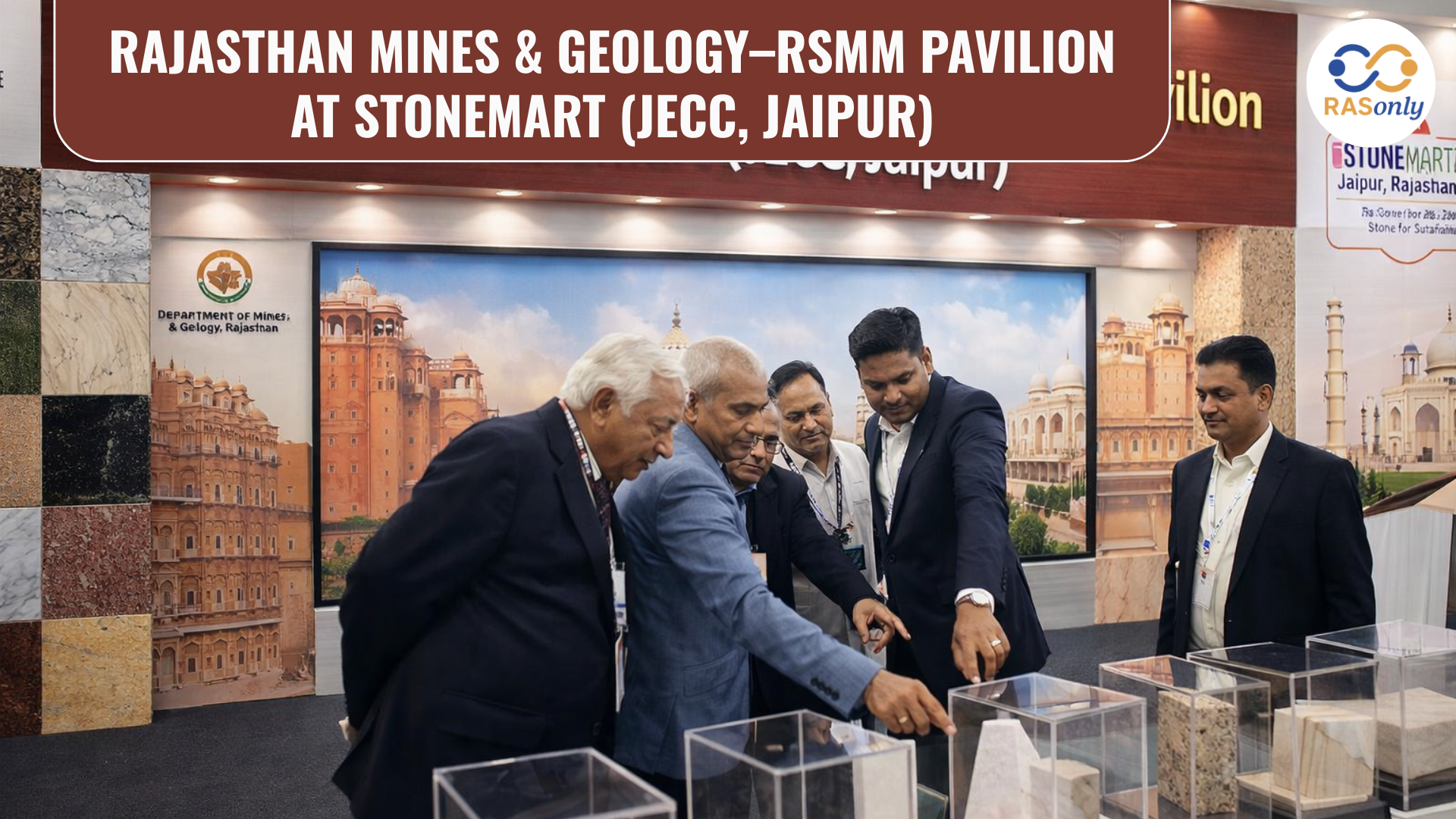
Rajasthan Pavilion Shines at Stone Mart Jaipur 2026
February 07, 2026
Rajasthan Achieves 3,000 MW Under PM-KUSUM Scheme
February 07, 2026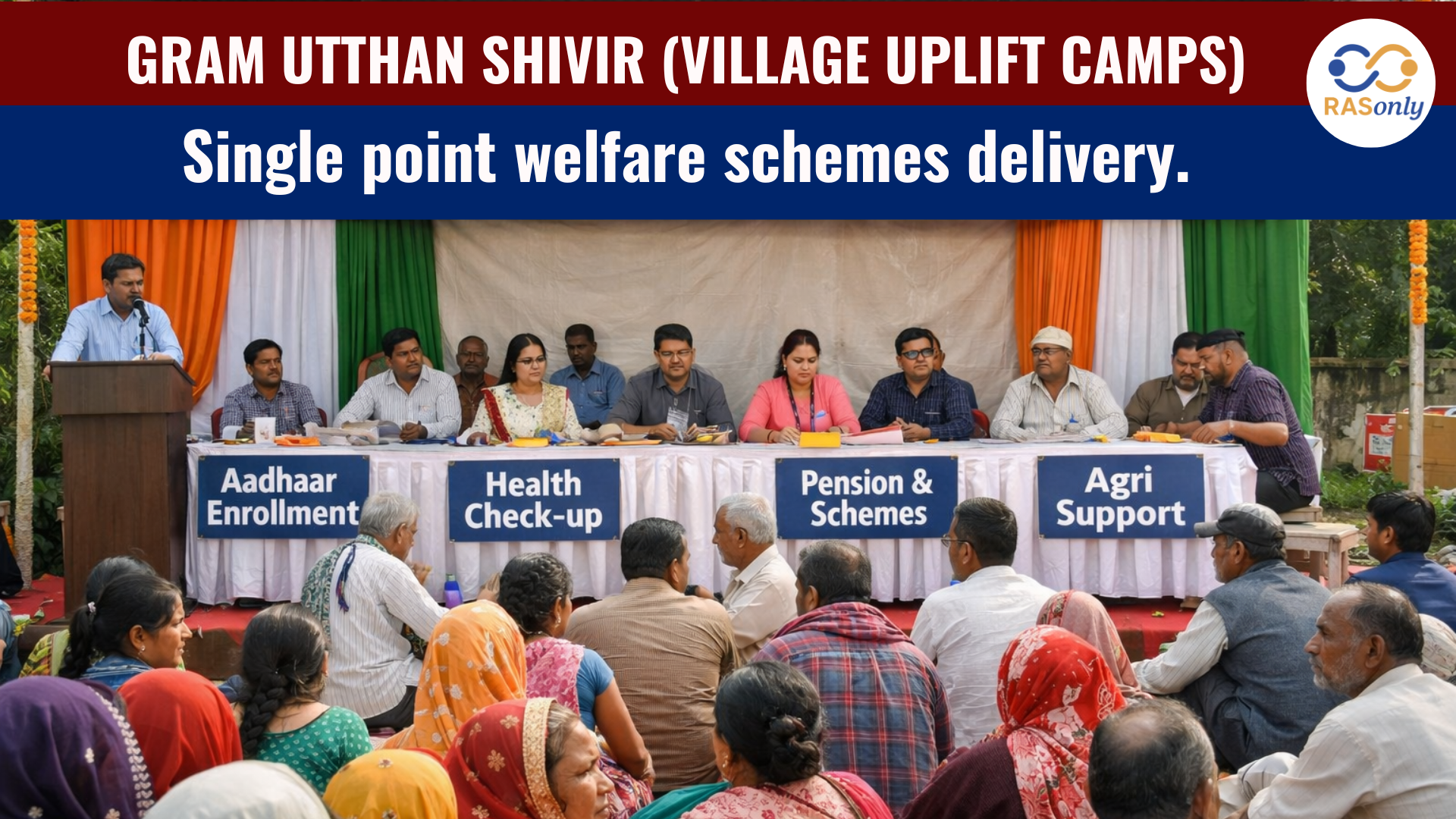
Gram Utthan Shivirs Strengthen Rural Governance in Rajasthan
February 07, 2026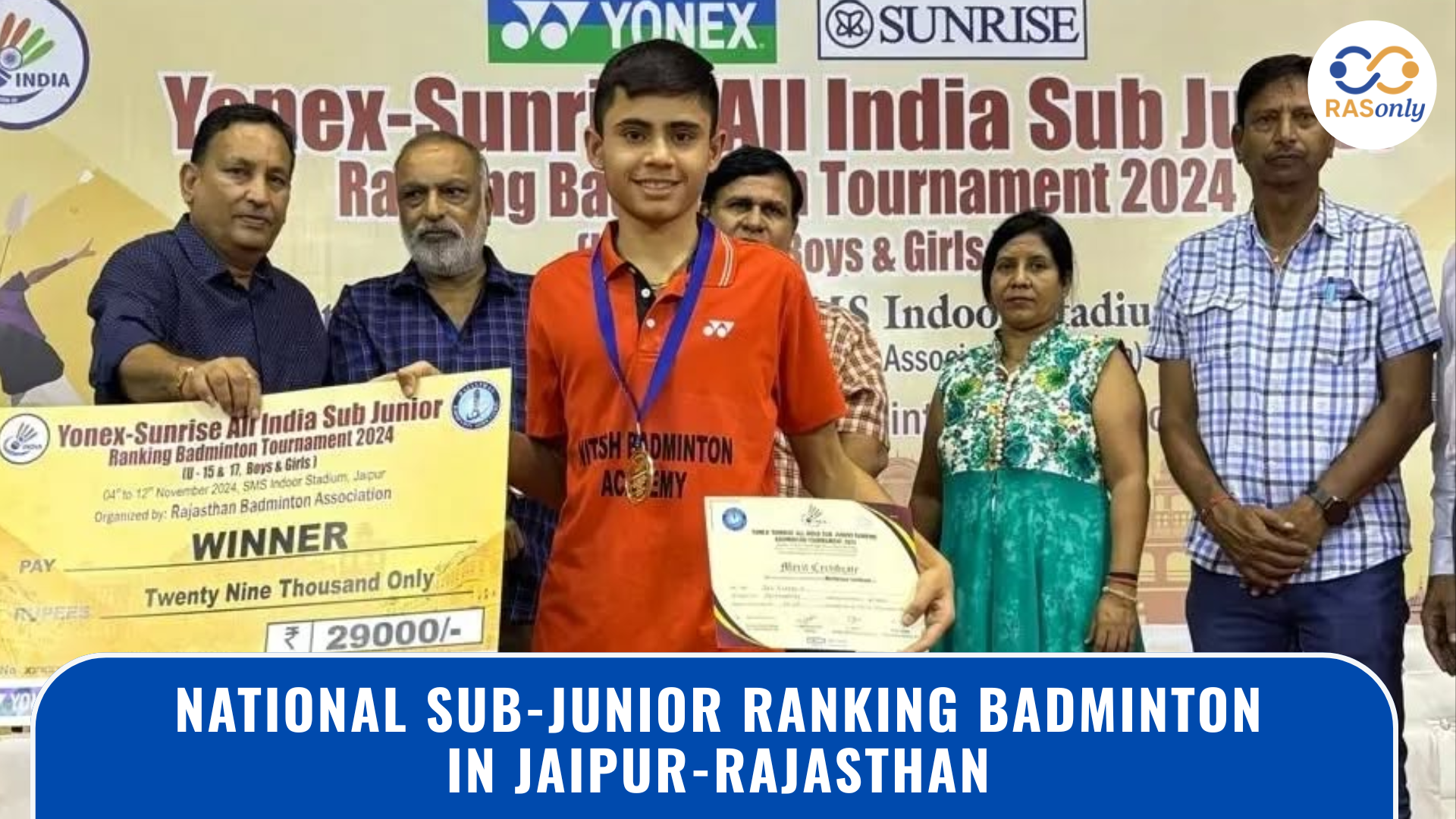
Jaipur Badminton: 72-Minute U-15 Final Creates Record
February 06, 2026👉🏻 Register Today to Join Classes! 👍🏻
- Team RASOnly -
🎯 Benefits of RASOnly Coaching:
- ✅ 1:1 Mentorship with RAS Officers
- ✅ Experienced and Expert Faculty
- ✅ Free Library Access
- ✅ Daily Minimum 4 Hours Must
- ✅ Comprehensive Study Material
- ✅ Regular Tests & Performance Analysis
- ✅ Personalized Guidance & Doubt Solving
- ✅ Online & Offline Class Options
- ✅ Affordable Fees with Quality Education
Key Highlights:
- 👉🏻 3-Day Refund Policy
- 👉🏻 New Batch Starting from 04 August
- 👉🏻 Registration Amount: Only ₹1000




